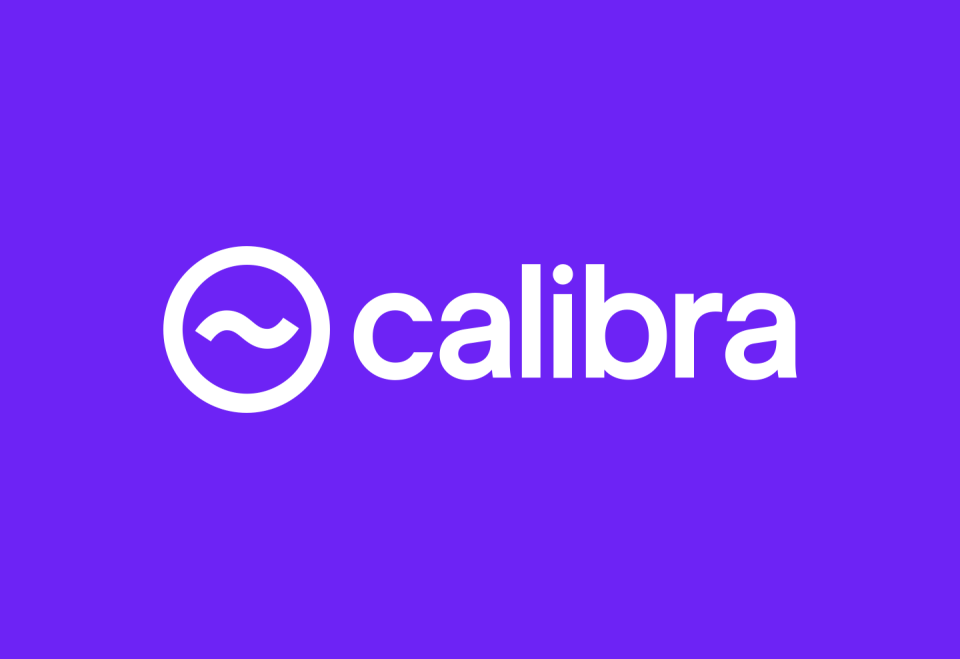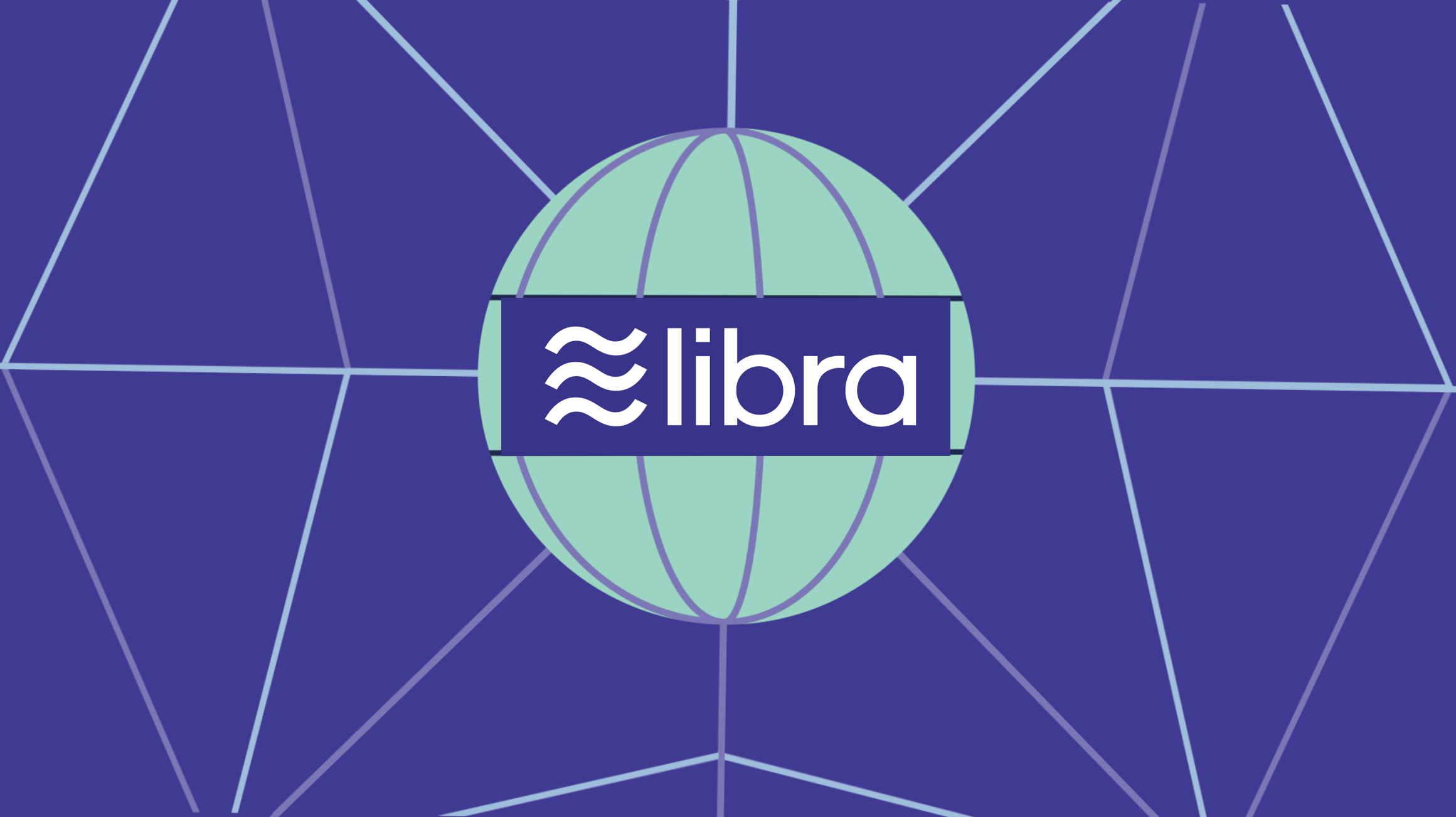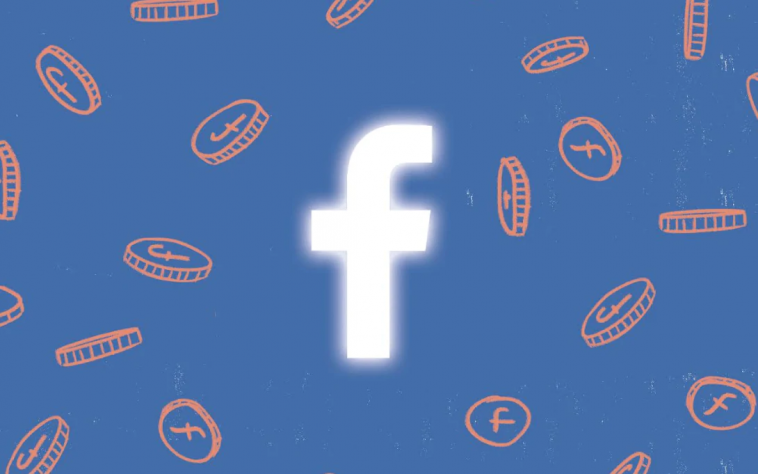TechInAfrica – Cryptocurrency, even after ten years of its initial announcement in 2009, still manages to take the world by storm due to its exceptionally high prices, unpredictable nature, and various other elements. Yet the popularity of the feature is only supported by the users’ willingness to manifest them, not by the government’s consent. Services like Bitcoin and Ethereum are only there for people to use them as an alternate method.
Only recently, Facebook has launched their own version of digital money, named Libra. Essentially targeted for developing countries where economical growth is at its fastest and population is denser than any other regions, Libra poses as a strong alternative to substitute conventional, government-issued currencies. India and Sub-Saharan Africa are two of the prime examples on where Libra might be able to flourish, in which financial services are still developing to compete with European (and American) standards like PayPal and Venmo.
For the past time period, most citizens of Africa are already able to access mobile banking from their cellular devices—like paying bills, hailing a motorcycle taxi, or even tasks as mundane as buying a cup of coffee and checking one’s account balance. Yet the mobile carrier each person is using limits the flexibility to facilitate services like such—so most of them carry more than one phone to access their desired financial utilities. Libra, as a universally-accepted currency, could simplify that system due to its nature of having minimal restrictions. Users are able to transfer funds across countless networks and borders. On top of that, Facebook had claimed that it will serve as a near-zero cost service, along with its own wallet system called Calibra—which is due to launch in 2020.

Yet the (majority of) public seemed to have different opinions on this matter.
First, the issue of ‘universally-accepted’ doesn’t really mean what it infers when stores, firms, and businesses don’t accept them as a feasible payment method. It would take a lot more than press releases for even the world-renowned Bitcoin to change the entire economy system into one, single currency. What if the guy selling hot dogs down the street doesn’t accept cryptocurrency for payment—or any street food vendor for that matter? You’d be stuck with no street food as long as you insist to pay with digital currencies, albeit the abundance of it all around us.
I don’t know about you, but I’m not living in a world where I can’t have any hot dogs.
Second, is the issue of taxes. For as long as everyone can remember, government-issued currencies are also used for citizens to pay their retributions, aside from its essential commercial purpose. With cryptocurrency’s seamless and uninterrupted nature, taxes would come to an end if people of a nation were to substitute traditional bills as their preferred payment method. Such idea would potentially serve as a threat to central banks, where all economic growth in the region are closely monitored to prevent financial crimes like money-laundering, counterfeiting, and corruption. Unless Facebook manages to make governments concur with their innovation (hint: it’s going to be very difficult), the argument in which Libra will pose as a substitute for traditional currencies is out of the question.
Third—this is the last one, I swear—is the issue of Libra’s own central bank platform called Libra Reserve. One giant framework serving as the institution managing the currency supply, as well as the formal monetary union, introduces yet another systemic risk to the nations’ economy. A single breach in the system could go a long way from mending itself up. Besides, along with Facebook’s latest accusations of breaching private information, Libra could even serve as another medium for the social media giant to monitor our financial activities and habits, eventually selling them to numerous companies for profit.

All in all, Facebook’s claim of Libra being able to be the sole substitute for the entire economy system is a really bold declaration. Cryptocurrency is essentially designed for an alternate, tertiary payment system without any constricting obligations. Forcing it down the society’s throat would only cause instability on innumerable elements on our government.
Do you think Libra has the potential to become the next big thing?
Source: nytimes.com and forbes.com



